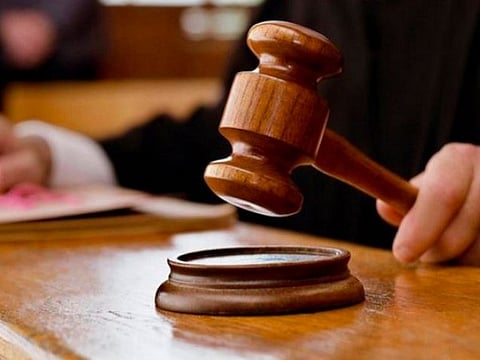

NEW DELHI: The Delhi High Court on Friday directed the Consortium of National Law Universities (NLUs) to award marks to candidates for two disputed questions in the Common Law Admission Test (CLAT) 2025 for postgraduate (PG) students.
A bench of Chief Justice Devendra Kumar Upadhyaya and Justice Tushar Rao Gedela ruled in favour of the candidates on two out of the three questions that had been challenged before the court.
One of the questions under dispute concerned a supposed extract from the Supreme Court’s judgment in Bangalore Water Supply and Sewerage Board v A Rajappa and Ors. The court noted that this was not an actual extract from the judgment, but rather material taken from a commentary.
“It is not disputed that the candidates who had appeared in the examination were not previously provided with any list of judgments that they were to be ready with. That apart, it is not disputed that the passage (V) is not an extract from the judgment... it would be unreasonable to expect candidates to look for any answer beyond what is provided in the passage itself. Thus, the answer in option ‘B’ is incorrect and option ‘C’ is the correct answer. Resultantly, the Consortium shall accord marks to the candidates accordingly,” the court held.
The bench also rejected the Consortium’s position on a jurisprudence question regarding the source of the statement: “Right is an interest which is to be recognised, protected and enforced by law.”
The petitioners had also urged the Court to examine the Rs 1,000 fee imposed per objection to the CLAT PG provisional answer key, arguing it was excessive.
While acknowledging that the fee appeared high compared to similar national-level exams, the court recognised the Consortium’s argument that the charge was intended to deter frivolous objections. “There has to be a fine balance which needs to be resolved between two sets of genuine grievances,” the court observed.